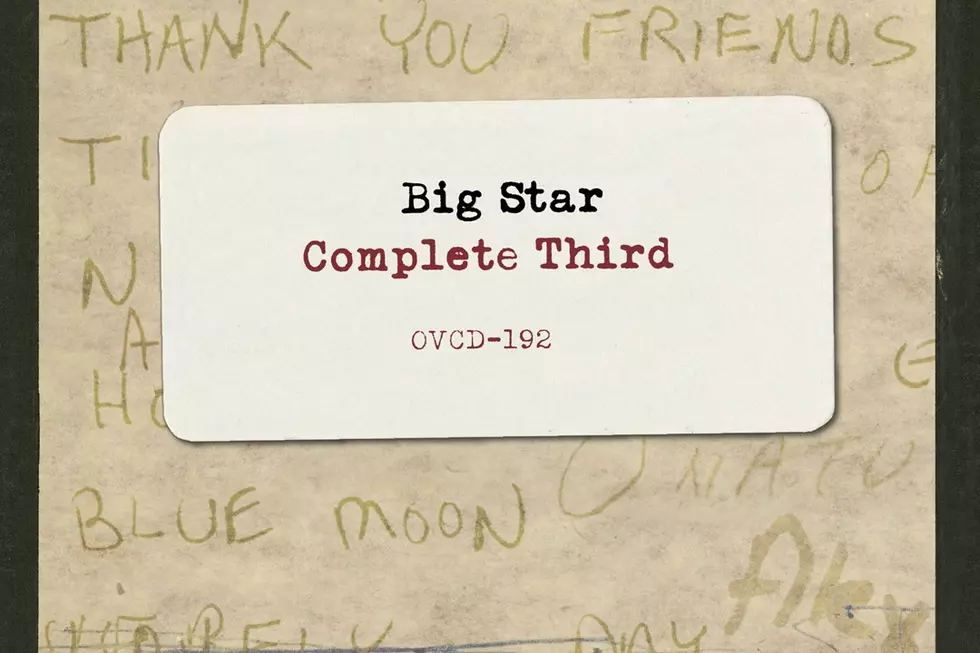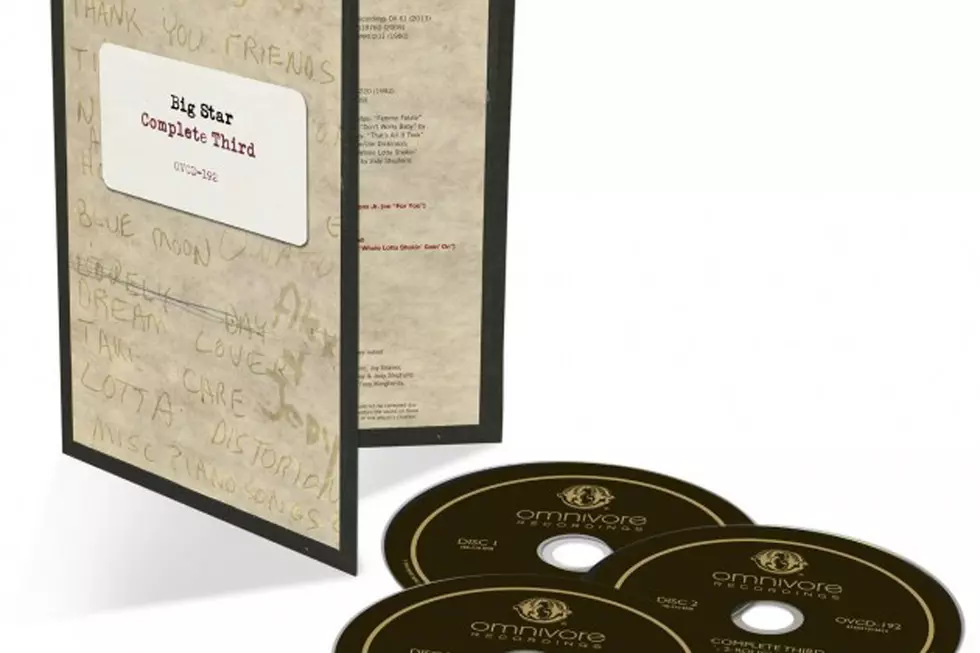‘Big Star: Nothing Can Hurt Me’ – Film Review
One of the things we take for granted in the current musical climate is how easy it is to find music. We hear about a new band or an older act we've missed along the way, and with just a few clicks, we're granted instant access. Nothing of value is likely to go unheard again, which means there will probably never be a need for another documentary like Drew DeNicola and Olivia Mori's 'Big Star: Nothing Can Hurt Me.'
The line on Big Star is that they were basically the early-'70s answer to the Velvet Underground. Hardly anybody heard their records, but those who did formed some of the most influential alternative bands of the '80s and early-90s, including R.E.M., the dB's, Teenage Fanclub, Matthew Sweet and, most famously, the Replacements, who named a song 'Alex Chilton' in honor of Big Star's frontman. In turn, they did their best to spread the gospel of Big Star in the same way British Invasion bands of the '60s told white American kids about the blues masters they idolized.
'Big Star: Nothing Can Hurt Me' will make it easier for people to discover them. Their story takes place almost exclusively in Memphis, where, bankrolled by the legendary soul label Stax, Ardent Studios forms a self-named label and signs four kids who had been working in the studio and recording each other's songs during downtime. Taking the name Big Star from a local supermarket, the four men -- Chilton (guitar, vocals), Chris Bell (guitar, vocals), Andy Hummel (bass) and Jody Stephens (drums) -- recorded two albums, 1972's '#1 Record' and 'Radio City' two years later, that masterfully blended Beatlesque pop, teenage romanticism and wistful melancholia.
But despite near-unanimous critical acclaim, they failed to sell for various reasons. The band essentially broke up (Bell left during the sessions for 'Radio City'), and Chilton, who had already been frustrated with the industry as a teenage pop star in the Box Tops, recorded a solo album with Stephens and other local musicians. But his depression, fueled by increasing drug use, caused him to sabotage the sessions. Ardent head John Fry and producer Jim Dickinson agreed that it was best to scrap the project, which was eventually released in 1978 on PVC under the Big Star name as 'Third.'
With its mixture of fragile beauty and outright weirdness, 'Third' added to the band's reputation as cult heroes. Meanwhile, Bell's attempt at a solo career met a similar fate, and he managed only one brilliant single ('I Am the Cosmos' b/w 'You and Your Sister') before dying in a car accident in 1978.
Unlike the stories of other bands, there are virtually no triumphs outside the incredible quality of the music. There's only a gig at a rock writer's convention in 1973 -- organized by Ardent so that they could put the band in front of the most influential voices in the industry prior to 'Radio City's release -- and the re-forming in 1993, with Jon Auer and Ken Stringfellow of the Posies playing in place of Bell and Hummel.
What should have been a victory lap for them -- a high-profile show and a panel at the 2010 SXSW Conference -- turned tragic when Chilton suffered a fatal heart attack at the age of 59 a few days before it took place. Hummel died a few months later.
Even with all that pain, DeNicola and Mori put enough lightness into 'Big Star: Nothing Can Hurt Me' that it doesn't feel like a tragedy. Stephens has enough distance to put his past in the proper perspective. Chilton's post-Big Star disillusion is balanced by his work in punk, and details of his exploits with fellow deconstructionists the Cramps and Tav Falco's Panther Burns provides some funny moments.
And Chilton's death has allowed Big Star's legacy -- something he'd always been ambivalent about -- to blossom, as evidenced by occasional tribute concerts featuring Stephens and all-star casts playing 'Third' and other favorites in front of adoring audiences. Only Bell's story, complete with a quest for spirituality, comes across as one of unfulfilled promise.
DeNicola and Mori also understand that anybody viewing the film will already have an understanding of Big Star, so they show the band's role in the Memphis underground art scene and visit Dickinson's chaotic sprawl in Mississippi. At times, those digressions take away from the music, but they help the filmmakers provide a bigger picture of the band than they would have by simply rehashing the stories found in the CD liner notes.
'Big Star: Nothing Can Hurt Me' is showing in limited release across the country. Check their website for a screening near you.
More From Diffuser.fm









